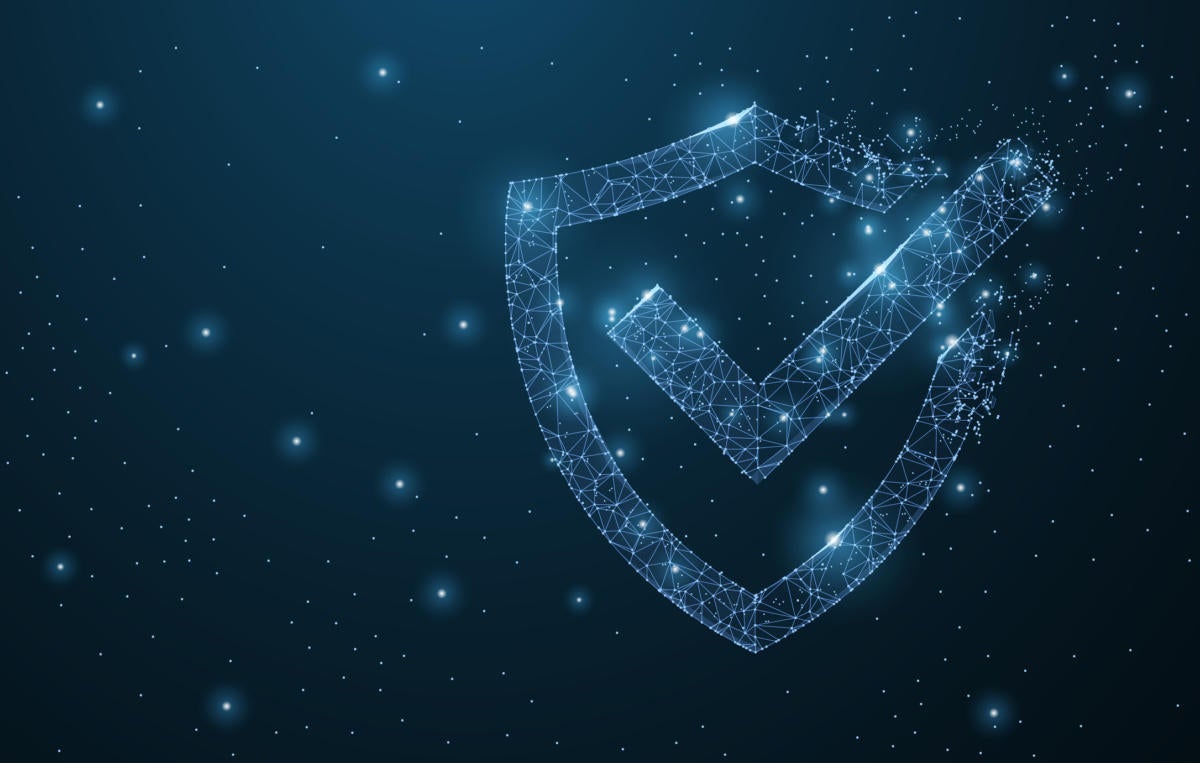4.8 KiB
Enhanced security at the edge
The risks presented by edge computing environments necessitates that companies pay special attention to security measures.

It’s becoming a cliché to say that data security is a top concern among executives and boards of directors. The problem is: the problem just won’t go away.
Hackers and attackers are ever finding new ways to exploit weaknesses. Just as companies start to use emerging technologies like artificial intelligence and machine learning to protect their organizations in an automated fashion, so too are bad actors using these tools to further their goals.
In a nutshell, security simply cannot be overlooked. And now, as companies increasingly adopt edge computing, there are new considerations to securing these environments.
More risks at the edge
As a Network World article suggests, edge computing places a new focus on physical security. That’s not to dismiss the need to secure data in transit. However, it’s the actual physical sites and equipment that deserve special attention.
For example, edge hardware is often situated in larger corporate or wide-open spaces, sometimes in highly accessible, shared offices and public areas. Ostensibly, this is to take advantage of the cost savings and faster access associated with data not having to travel back and forth to the data center.
However, without any level of access control, this equipment is at risk of both malicious actions and simple human error. Imagine an office cleaner accidentally turning off a device, and the resulting effects of subsequent downtime.
Another risk is “Shadow edge IT.” Sometimes non-IT staff will deploy an edge site to quickly launch a project, without letting the IT department know this site is now connecting to the network. For example, a retail store might take the initiative to install its own digital signage. Or, a sales team could apply IoT sensors to TVs and deployed them on-the-fly at a sales demo.
In these cases, IT may have little or no visibility into these devices and edge sites, leaving the network potentially exposed.
Securing the edge
An easy way to avoid these risks is to deploy a micro data center (MDC).
“Most of these [edge] environments have historically been uncontrolled,” said Kevin Brown, SVP Innovation and CTO for Schneider Electric’s Secure Power Division. “They might be a Tier 1, but likely a Tier 0 type of design — they’re like open wiring closets. They now need to be treated like micro data centers. You need to be able to manage them as you would a mission-critical data center.”
Just as it sounds, this solution is a secure, self-contained enclosure that includes all the storage, processing, and networking that’s required to run applications both indoors and outdoors. It also includes the necessary power, cooling, security, and management tools.
The best part is the high level of security. The unit is enclosed, with locking doors, to prevent unauthorized access. And with the right vendor, the MDC can be customized to include surveillance cameras, sensors, and monitoring technology for remote digital management.
As companies increasingly take advantage of the benefits of edge computing, it’s critical they also take advantage of security solutions to protect their data and environments.
Discover how to best secure your edge computing environment at APC.com.
via: https://www.networkworld.com/article/3388130/enhanced-security-at-the-edge.html#tk.rss_all
作者:Anne Taylor 选题:lujun9972 译者:译者ID 校对:校对者ID